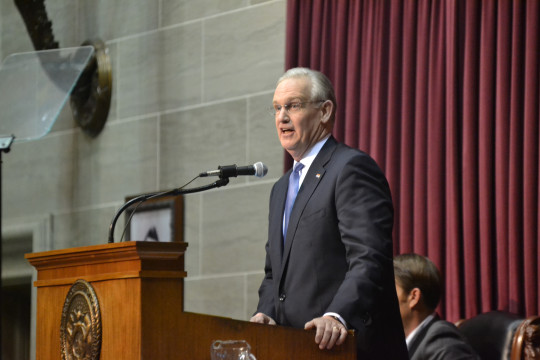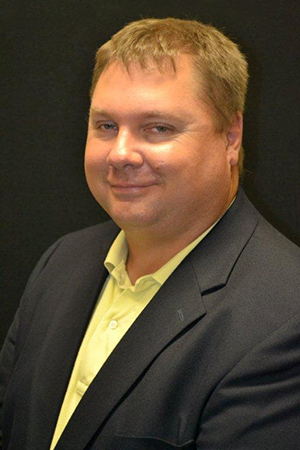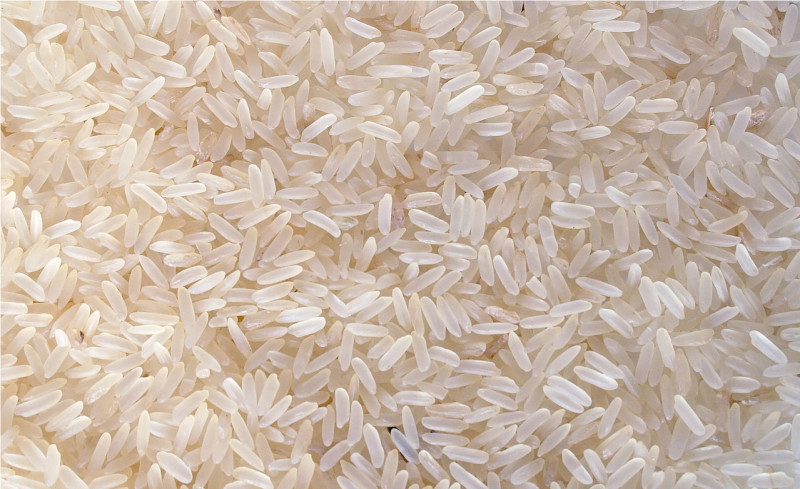HAVANA – The first shipment of rice from the United States to Cuba since 2008 was accepted by the Cuban government Monday morning, and it came from a farm in Missouri.
Gov. Jay Nixon announced the 20-ton shipment of rice from the Bernie, Missouri’s Martin Rice Company at a forum of Cuban business and government leaders including the members of the Cuban Ministry of Foreign Trade and Investment and the Cuba Chamber of Commerce. Nixon added that the rice could serve as a symbol of burgeoning trade between Missouri and the nation of Cuba, especially in regards to the Show Me State’s agricultural goods.
“Missouri growers produce extremely high-quality, long-grain rice that because of our proximity and transportation efficiencies could be sold to Cuban consumers at costs competitive with rice producers in other nations now exporting to Cuba,” he said in a statement. “Trade with Cuba would mean additional acreage for Missouri growers of this high-value crop and it would also mean better values for Cuban consumers, for whom rice is a staple of their diet.

“Missouri farmers and workers produce the highest-quality products in the world and we are here to expand opportunities to get Missouri goods to Cuban consumers.”
The shipment arrived in Mariel, Cuba last week when Nixon and a contingent of business members within Missouri began a trade mission in one of the last few true communist countries to promote Missouri agricultural goods.
When Nixon returned to Miami Wednesday, he held a press conference by phone with Missouri reporters where he commented that the atmosphere of Cuba was one ripe for significant change.
“The Cubans we met with were warm, welcoming and excited to raise living standards and the opportunities for the next generation,” he said. He credited some of that with President Barack Obama’s trip to Cuba in March of this year.
“While he may have caused some tension among the Cuban leaders, and frankly some folks in America, the Cuban people were extremely positive that he would show their country the respect and importance and view this country… as a potential, peaceful economic partner in the future,” Nixon said.
Recent loosening of tensions between the United States and Cuba, prompted in large part by the Obama administration, has not been without its critics, but in Missouri, both liberals and conservatives, not to mention members of the agricultural industry, have largely supported adding another trade partner to the list. Last year, the Interim Committee on Development and Improvement of Missouri Ports, chaired by Rep. Becky Ruth, found that Cuba’s emergence as an economic viability for the U.S. in the Caribbean should lead to an increased focus on getting Missouri products to a new market. Increased funds were allocated in the FY2017 budget for port infrastructure improvement on Missouri’s riverways.
Barry Aycock, the CEO of AGExplore, notes that there is a “bipartisan excitement” about the new state of America’s relationship with Cuba.

Cuba itself has even become the new buzzword in agriculture circles for three primary reasons. One, the United States Department of Agriculture will open offices in the nation in 2017, making exporting to that nation easier. Two, the market is untapped by American companies. And three, and perhaps most importantly, Cuba has relatively little advanced mechanized agriculture and relies on imports from Asian nations, even for many of its staples. It often suffers from food shortages. The United States, and many companies based in the nation, believe they could fill the stomachs of 11 million Cuban citizens.
Aycock is consulting with his business’ leaders in Latin America to expand into the region.
However, opportunity in Cuba does not come without risks.
“Everybody’s unsure about Cuba’s credit right now,” Aycock said. “Everybody’s unsure about how they’ll paid for their products. You can have the best product in the world, but if you can’t get it to the consumer and get paid for it… those are a deadly combination.”
Still, the benefits outweigh the potential problems for most investors.
“People are willing to take more of a risk to get that ball rolling,” Aycock said.
Aycock’s friend and co-owner of Martin Rice, Mike Martin, was part of both the 2015 and 2016 trade missions to Cuba. He believes the in-roads made by the Missouri rice industry could see one of Cuba’s most important staples be produced within the Show-Me State.
“We believe once the Cuban market opens up, Missouri farmers will plant and grow more rice to take advantage of this opportunity,” he said.
Nixon noted that while agriculture was at the forefront of the trade mission, manufacturing and other businesses also played a role. He spoke about members of the delegation who worked with nitrogen in food preservation and another who provided Internet services for individuals. The governor also detailed a conversation about Missouri’s automotive industry with Ricardo Cabrisas, the Vice President of the Council of Ministers (Cuba’s equivalent of the Cabinet). Nixon said Cabrisas’ eyes were “gleaming” when they talked about the possibility of Missouri-manufactured, American cars coming to Cuba.
“I would not be surprised if at some point in the near future there’s folks in Cuba driving those Ford F-150s or Chevy Colorados,” Nixon said.












